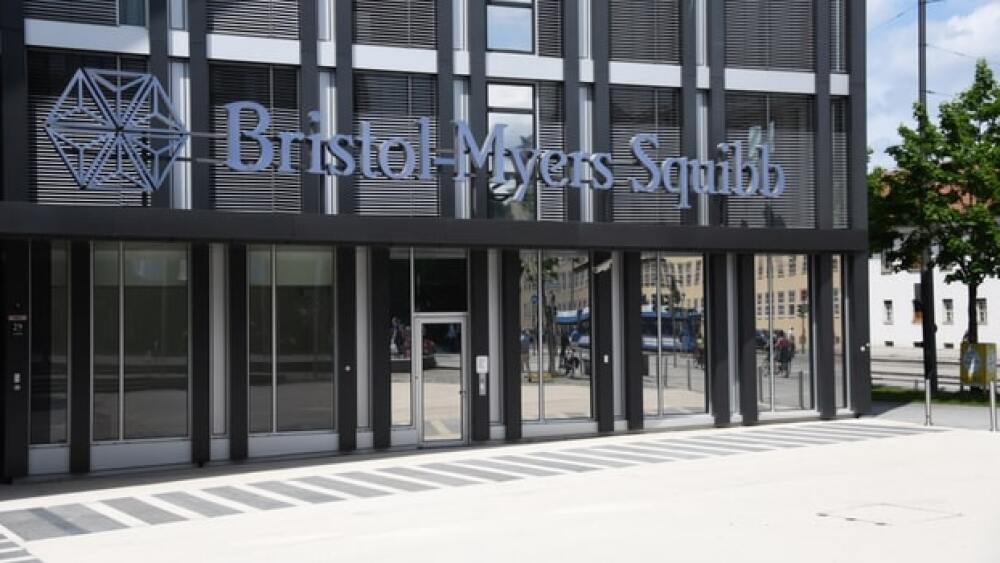Bristol Myers Squibb (BMS) has announced late-breaking data showing deucravacitinib significant efficacy at the primary endpoint for the treatment of systemic lupus erythematosus (SLE).
Bristol Myers Squibb (BMS) announced late-breaking data Wednesday showing that deucravacitinib, an allosteric tyrosine kinase 2 (TYK2) inhibitor, met the primary endpoint in the treatment of systemic lupus erythematosus (SLE).
Information regarding the Phase II trial will be presented at the European Alliance of Associations for Rheumatology (EULAR) 2022 Congress.
SLE is an inflammatory, systemic autoimmune disease that impacts an estimated 1.5 million people in the U.S. The disease can cause a wide variety of symptoms including joint and muscle pain, fatigue, fevers, headaches and cognitive symptoms. Because the disease can impact any organ or bodily system, its impacts can be much more severe and cause organ and tissue damage that is life-threatening.
Currently, there are only two approved targeted therapies specifically intended for the treatment of SLE, with a third treatment being approved for lupus nephritis (LN), a complication of SLE that involves kidney damage and dysfunction. BMS is hoping to add to the current treatment landscape with deucravacitinib.
The Phase II trial titled Paisley evaluated deucravacitinib in moderate to severe SLE patients to investigate its efficacy in decreasing disease activity. In the data readout, deucravacitinib demonstrated statistically significant efficacy in decreasing scores on a disease activity index as compared to placebo, as evaluated at week 48 of the study.
“There is an urgent need for new systemic lupus treatments. As many as half of patients may not respond adequately to current treatment options and a new oral therapy has not been approved in decades,” Eric F. Morand, M.D., Ph.D., head of the School of Clinical Sciences at Monash University in Australia said in a press release. “These clinically meaningful results represent a huge potential step forward in the development of a new lupus therapy to help meet the immense need for patients living with this disease.”
Additionally, the drug met secondary endpoints including a decrease of 50% from baseline in an index of cutaneous lupus erythematosus, which causes lesions on the skin, and a change in the active joint count or the number of joints that are swollen or have a loss of range of motion. Deucravacitinib was also well-tolerated and demonstrated a favorable safety profile.
BMS plans to move deucravacitinib into Phase III studies for SLE. The drug is also being evaluated in several other programs including psoriatic arthritis, inflammatory bowel disease (IBD) and other immune-mediated diseases.
To that end, BMS has already submitted a New Drug Application (NDA) to the U.S. Food and Drug Administration for deucravacitinib for the treatment of patients with moderate to severe plaque psoriasis. Data shared by the company in May demonstrated the drug’s efficacy in treating the disease, with those dosed experiencing a response rate of 77.7% on an index for psoriasis area and severity.
Deucravacitinib is a selective allosteric tyrosine kinase 2 (TYK2) inhibitor. By targeting TYK2, the drug is able to inhibit the signaling of interleukin (IL)-23, IL-12 and Type 1 Interferons (IFN), which are cytokines that are found to play a role in the pathogenesis of immune-mediated diseases. Notably, the drug does not inhibit Janus Kinase 1 (JAK1), JAK2 or JAK3, a subgroup of non-receptor protein tyrosine kinases which also play a role in immune-mediated diseases. This means that deucravacitinib does not carry the same risk and warnings as JAK inhibitors, which carry warnings about cardiovascular events and cancer.
Featured Jobs on BioSpace





